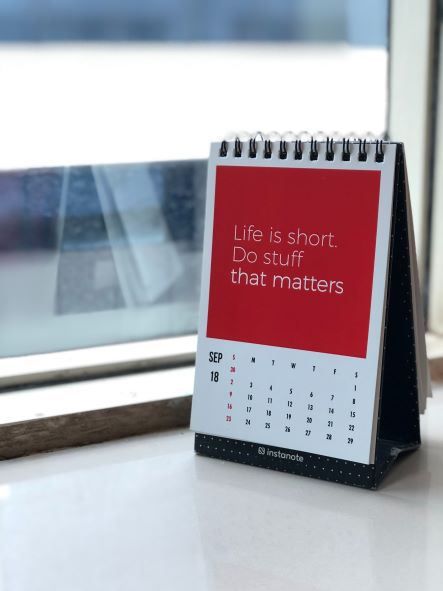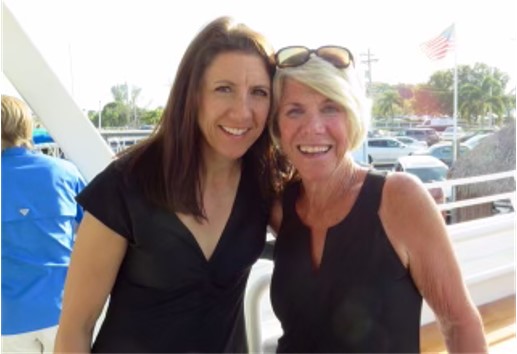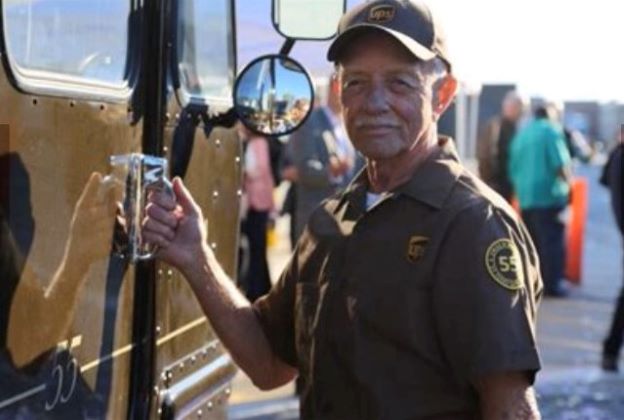
[Flash] Who Are You Validating? (this is a Mentor’s Superpower)
|
Recently, my new favorite podcast Smartless featured Adam McKay, former head writer for Saturday Night Live and now writer and filmmaker for movies such as The Big Short and Don’t Look Up.
One of the hosts asked him, “Who validated you as a writer for the first time?” Adam replied, “Mrs. Sealy was my English teacher my sophomore year in high school. For the most part, the teachers in my school barely clocked who we were. But then Mrs. Sealy called me after class and said, ‘You’re a good writer.’ It was the first time anyone ever said that to me.” Who validated you? While we are constantly evolving and growing, we don’t always get the validation we need for the shift we are making. But when we do, it relieves us (even temporarily) from our fear of judgment and criticism, and it undergirds our aspirations. What is validation? Recognition, support, acknowledgment, and acceptance without the requirement of approval or agreement. When we feel validated, it is the fuel we need to progress. Fortunately, validation occurs through straightforward words and actions. In high school, I was captivated by my business law class. When I shared my enthusiasm with my mom, she immediately responded, “Women can be attorneys.” She was the first to validate my burgeoning interest in becoming a lawyer. Then my dad collected for me newspaper articles on going to law school. And my business law teacher Mr. Rogina? He invited me to participate in the school’s moot court team. Their words and actions validated me as a prospective lawyer before I had the confidence to self-validate. As Mentors, validation is one of our most essential functions. Mentees are experimenting and transitioning, often with fears, doubts, and uncertainties. They need our acknowledgment, support, and acceptance to continue exploring and growing. To thoughtfully validate others:
Everyone wants to be heard and seen. With a few intentional words or actions, we can help people feel like their journey matters. © 2022. Ann Tardy and MentorLead. www.mentorlead.com. All Rights Reserved. |







